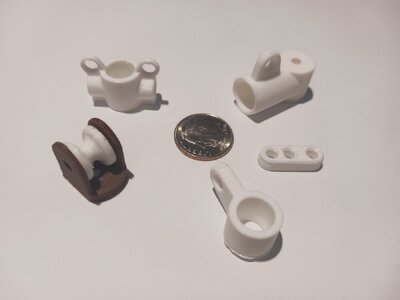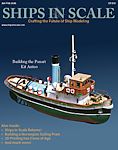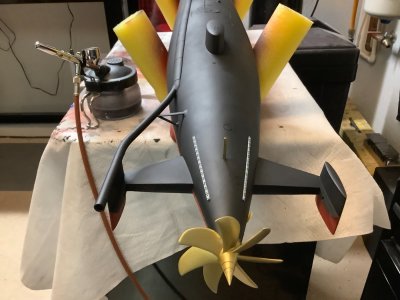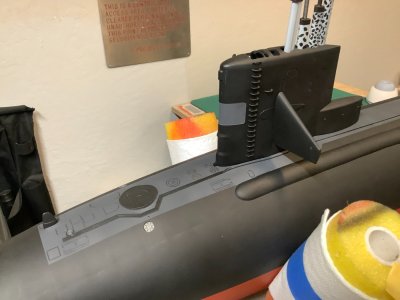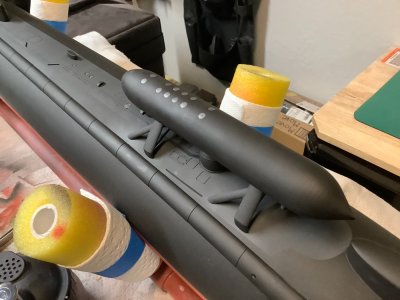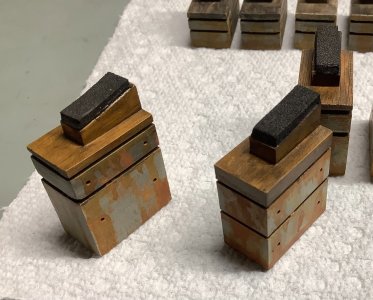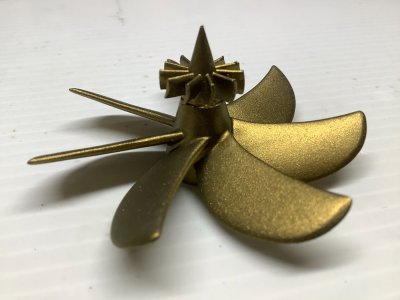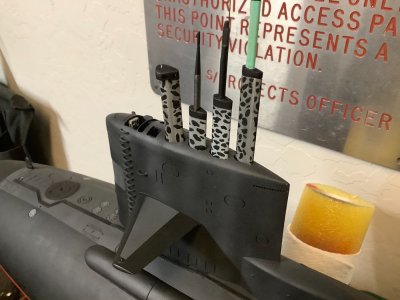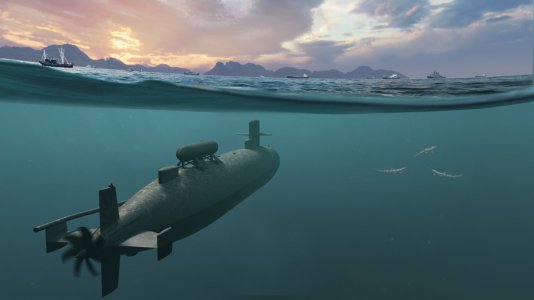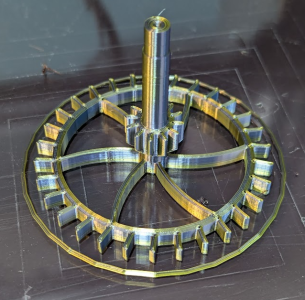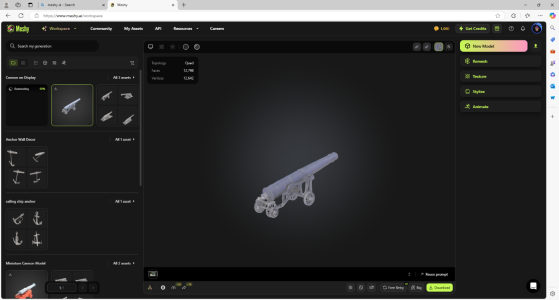I agree, there are a lot of 3d information and file sharing sites but very little information related to ships.Your 3D printer is a filament printer, which prints up in layers of solid material, and one of two major types commonly in use, I have the other style, a resin printer, which prints with light in a bath of resin.
Yes as you have said, learning the tricks, tip and in's-out's of 3D printing takes a while, and the software is something that takes a while to get used to how it all works.
I think your right about the need to have a separate section set up and maybe a files sharing area to go with if if at all possible.
I 3d printing group would be nice where you can get advice and one on one help as well as file sharing. Maybe even some modeling help.
Here are some of the parts I have printed for my 1 Meter RC boat.
